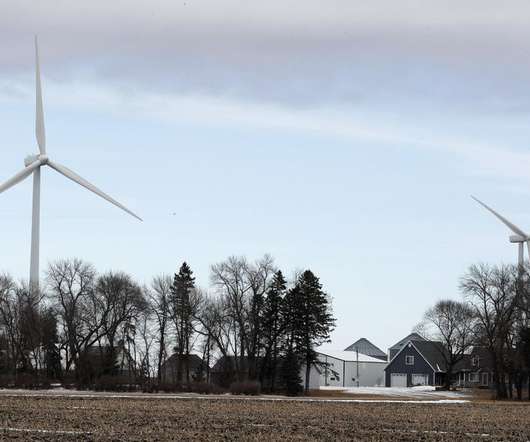Study projects thermoelectric power in Europe and US vulnerable to climate change due to lower summer river flows and higher river water temperatures
Green Car Congress
JUNE 3, 2012
Projected changes in summer mean usable capacity of power plants in the US and Europe for the SRES A2 emissions scenario for the 2040s (2031–2060) relative to the control period (1971–2000). A study published in Nature Climate Change suggests that thermoelectric power plants (i.e., Source: van Vliet et al.
























Let's personalize your content